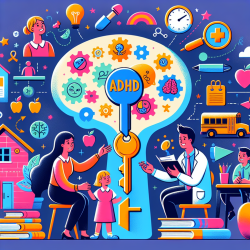The study, conducted in two mental health care institutions and two general hospitals, involved 32 participants (18 adolescents and 14 parents). It employed a qualitative, exploratory, descriptive, and contextual research design to capture the nuanced experiences of adolescents and their parents. Data were collected through individual interviews and analyzed using Tesch’s open-coding method to generate themes and categories, supported by direct quotations from participants.
Key Findings
The study revealed several critical insights:
- Emotional Distress: Adolescents and their parents reported feelings of hopelessness, suicidal ideation, and difficulty in coping with the condition.
- Financial Burden: The management of depression often imposes significant financial strain on families.
- Negative Attitudes: Participants reported negative attitudes from support systems, including healthcare practitioners, which exacerbated their struggles.
- Withdrawal Behaviors: Adolescents often withdrew from social interactions, worsening their condition.
Implications for Practitioners
To improve outcomes for adolescents with depression, practitioners can implement the following strategies:
- Create Therapeutic Environments: A friendly and supportive hospital environment can significantly enhance the recovery process. Practitioners should strive to create a welcoming atmosphere that fosters emotional well-being.
- Continuous Monitoring: Regular follow-ups and monitoring by mental healthcare practitioners can help track progress and adjust treatment plans as needed.
- Positive Attitudes from Support Systems: Encouraging a positive and supportive attitude from families, friends, and healthcare providers can make a substantial difference in the recovery process.
- Utilize Media for Education: Leveraging media platforms to educate the public about depression can help reduce stigma and promote better understanding and support for adolescents.
Encouraging Further Research
The study highlights the need for further research to better understand the experiences of adolescents and their parents in different contexts. By exploring these experiences in various settings, practitioners can develop more effective and tailored interventions to support adolescents with depression.
To read the original research paper, please follow this link: Experiences of adolescents and parents on the mental health management of depression in adolescents, North West province, South Africa.










